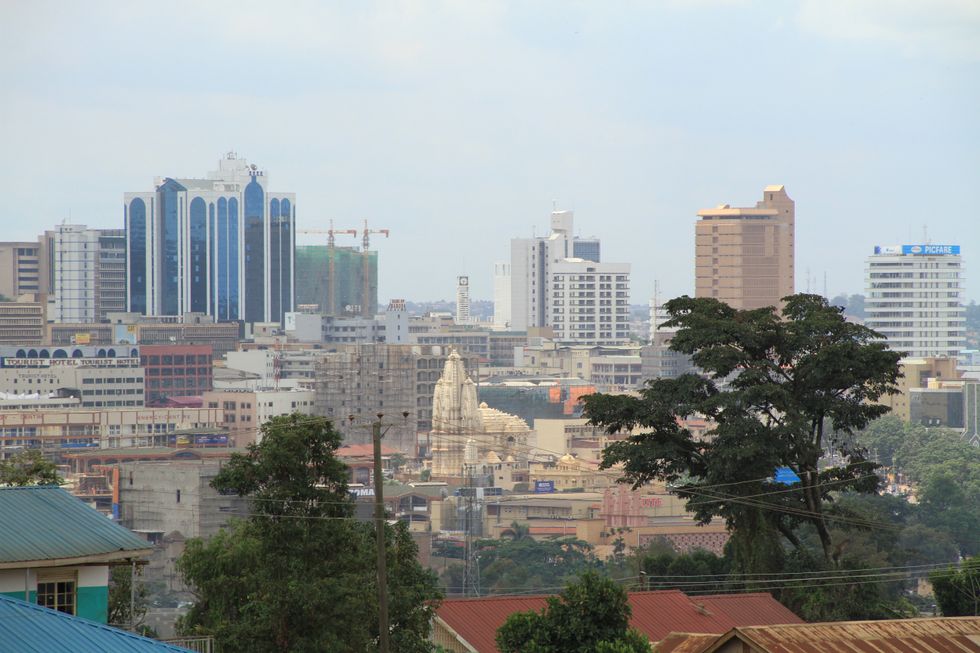Fifth mpox case detected in England with individual under ‘specialist care’ after landing on plane from Uganda
A fifth mpox case has been detected in England, with the infected individual under “specialist care” after flying in from Uganda.
A patient in Leeds was found to have the Clade IB Mpox strain. It is a new form of the virus linked to a global health emergency declared by the World Health Organization in August.
The UK Health Security Agency said the risk to the population remained low.
The patient remains in specialist care Sheffield Teaching Hospitals NHS Foundation Trust.

They arrived in the UK after taking a plane home from Uganda, which is seeing community transmission of mpox, the Government agency said.
The new case takes the number up to five confirmed in England in recent weeks. The unidentified patient had no links to the previous four cases.
All previous patients, who were from the same household, have made a full recovery.
Officials are currently unsure how the four individuals became infected with the strain.
HEALTH LATEST:
- UK close to eradicating ‘fatal’ meningitis-causing bacterial disease
- NHS issues warning after surge in hospital admissions linked to ‘miracle’ weight-loss jab
- NHS to monitor blood donations for mosquito and tick-borne diseases as cases could surge due to climate change

Health officials are now trying to trace close contacts of the patient from Leeds. Once found, they will be tested and offered vaccination.
Professor Susan Hopkins, Chief Medical Adviser at UKHSA, said: “It is thanks to clinicians rapidly recognising the symptoms and our diagnostics tests that we have been able to detect this new case.
“The risk to the UK population remains low following this fifth case, and we are working rapidly to trace close contacts and reduce the risk of any potential spread.
“In accordance with established protocols, investigations are underway to learn how the individual acquired the infection and to assess whether there are any further associated cases.”

The new strain began rapidly spreading in the Democratic Republic of Congo (DCR) last year, with cases since being reported in Burundi, Rwanda, Uganda, Kenya and India.
Over 25,000 people have been infected and is responsible for more than 1,000 deaths.
The World Health Organisation (WHO) then named the disease a global health emergency due to its increasing spread – the second time in two years.
It can be spread by touching or handling body fluids of an infected person, contaminated objects or infected wild animals.

